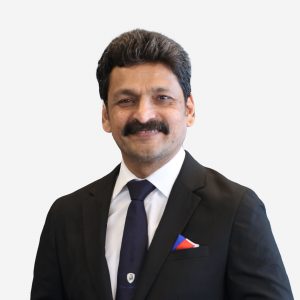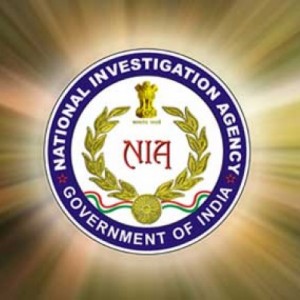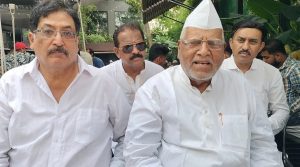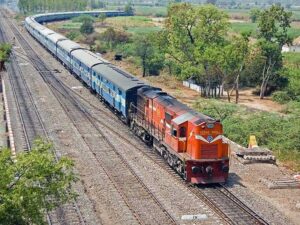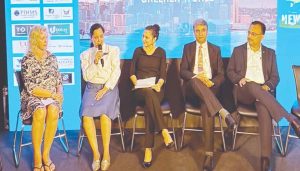NITI Aayog Organises Capacity Building Programme for Urban Water Management
26 Nov 2018 : NITI Aayog organized todaythe Second Phase of Urban Management Programme on ‘Water Recycling and Reuse’.in collaboration with the Singapore Cooperation Enterprise & TF Internationalat India Habitat Centre in the capital today. CEO, NITI Aayog, Amitabh Kant,Secretary, Ministry of Drinking Water and Sanitation,ParameswaranIyer, along with High Commissioner of Singapore to India Lim ThuanKuan, CEO, Singapore Cooperation Enterprise, Kong WyMun, and CE of Temasek Foundation International,Benedict Cheong were present on this occasion.
Highlighting the importance of this capacity building programme on management of water,particularly its recycling & reuse, as crucial for future urban planning and policy, Amitabh Kant said that attaining high rates of economic growth for India will directly be a function of the sustainable use of water. He mentioned that NITI’s Composite Water Management Index, launched earlier this year, is a step toward increasing awareness and promoting best practises in water management throughout the country.
Delivering the Inaugural Address, ParameswaranIyer hailed the workshop as timely and spoke of the need for effective cooperation between the centre and state in water management. He emphasised need for all stakeholders to take ownership of water as a natural resource to ensure sustainable use of water. He emphasised the need to take steps to address solid and liquid waste management in 4000 Census Towns and peri-urban areas.
In order to develop recycled water as part of sustainable and diverse water portfolio, NITI Aayog has enteredinto a Memorandum of Understanding (MoU) with Singapore Cooperation Enterprise – Temasek Foundation International to launch the Second Phase of Urban Management Programme on ‘Water Recycling and Reuse’.
Eight States/UTs -Uttar Pradesh, Tamil Nadu, Punjab, Chhattisgarh, Karnataka, Meghalaya, Puducherry and West Bengalwere selected for the capacity building workshops through a Challenge Method. The participants of the workshops included the senior officials from Municipal and parastatal bodies of these eight States/UTs.
The programme launch was also attended by senior officials from the Central and State Governments, and representatives from the academia and think-tanks. The programme launch also showcased the best practices in the urban water sector in India besides discussing the challenges.
The capacity building programme featured experience sharing by consultants from Singapore, who were associated in the successful transformation of the urban waterscape over the last four decades. The broader capacity building engagement with SCE also includes a series of interactive workshops, advisory sessions and an expository visit to Singapore.


